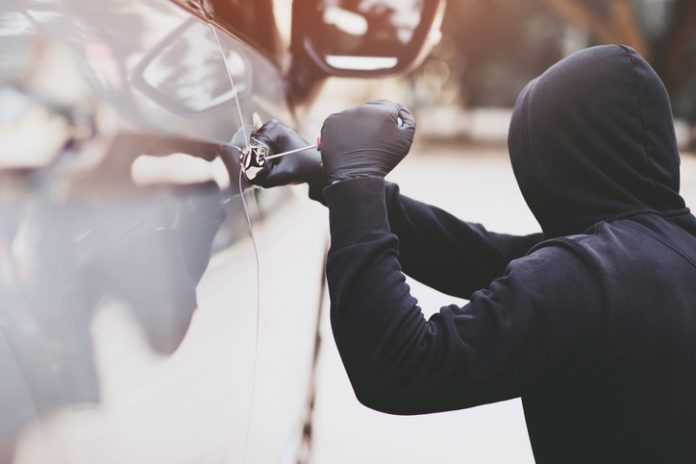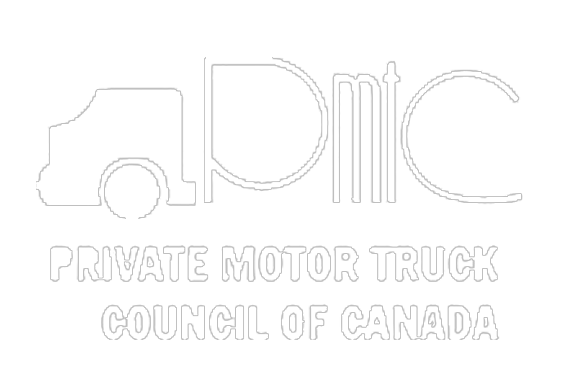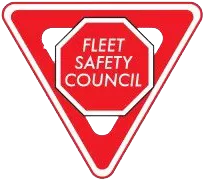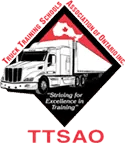Cars and Trucks are being stolen in astonishing numbers in Canada. If it’s on wheels, it can disappear in seconds and be gone for good, even if it is a big rig truck with a 53-foot trailer. Big or small thieves will steal them all!
Auto theft in Canada is surging, says a new report. According to a report from the Canadian Financing and Leasing Association, vehicle thefts are up about 300 percent since 2015 in the GTA, a problem that continues to worsen.
Every six minutes, a vehicle is stolen in Canada, said Michael Rothe, president, and CEO of CFLA, at a recent news conference. “We are all waking up to the reality of the devastating impact auto theft is happening on Canadians.”
Rothe said that auto theft amounts to $1 billion a year in losses and is being orchestrated by organized criminal organizations using the revenue to fund other illegal activities, such as the trafficking of guns and drugs.
In Toronto, there were 9,606 vehicle thefts in 2022. That’s triple the number of thefts in 2015 when 3,284 vehicles were stolen in the GTA
It’s big business; organized crime gangs target cars that are quickly stolen and shipped overseas to supply a constant demand.
International crime rings are targeting Canada due to the ease of getting away with crime in this country.
One of the most common ways thieves use is an electronic device that reprograms a car’s factory setting and enables them to hack into a car’s computer and reprogram it to accept the key they brought.
Car makers are trying to make it more challenging to steal vehicles, which in turn is leading to more carjackings and home break-ins as thieves need to physically get the keys.
Some of the most frequently stolen vehicles on their list include the Honda CR-V, Lexus RX series, and Ford F150 series.
There are some ways police and insurance companies recommend keeping your vehicle safer, including:
Don’t keep valuables stored in your vehicle
Park your car in a garage or well-lit area
Install an ignition immobilizer to prevent crooks from hot-wiring your vehicle
Get a mechanical anti-theft device, such as a steering wheel or brake pedal lock
Close and lock windows, doors, and sunroofs any time you leave the car
Don’t keep the engine running when the vehicle is unattended
The profits generated from these thefts are used to fund a range of illicit activities, the CFLA report said, including drug trafficking, firearms smuggling, tax evasion, money laundering, and terrorism.
Most stolen vehicles in Ontario in 2022:
2016-2021 Lexus RX Series
2016-2021 Honda CR-V
2015-2020 Ford F-150 Series
2013-2019 Toyota Highlander
2016-2021 Honda Civic
2015-2021 Land Rover Range Rover Sport
2018-2021 Honda Accord
1999-2006 Chevrolet/GMC Silverado/Sierra 1500 Series
2009-2018 RAM 1500 Series
2016-2021 Toyota Tacoma
Bryan Gast, a VP with Équité Association, a non-profit that helps insurers fight fraud, is a major player investigating car thefts in Canada. In a recent interview with Global News, he said, “We’re getting to a point now where globally we’re a source country for stolen vehicles.” International criminal groups send lists of vehicles to be stolen in Canada to hired thieves. The vehicles are smuggled out of the country to be sold in places such as West Africa and Europe. A vehicle that sells for $100,000 in Canada can net up to $250,000 in West Africa.
According to Gast, vehicles have become a big money-making machine, combined with high demand and supply chain constraints. As many consumers know, the cost of a vehicle has risen significantly since the pandemic. Now will we see our insurance rates rising to cover the expenses incurred by the insurance industry due to payouts on all these stolen vehicles?
It’s not just four-wheel vehicles being stolen out of driveways, shopping malls, and the streets of our cities. A major crime ring has been targeting and snatching big trucks and their trailers in the GTA area. How bold and brazen is it to steal something as big as a tractor and trailer?
Last week Peel Regional Police charged 15 people from the GTA. Over $9.24 million in stolen commercial vehicles and cargo were recovered, including 28 tractor-trailers and 28 cargo containers. The 15 individuals were allegedly part of an organized theft ring. Police and Border Patrol officers began watching the ring last year as cargo and car thefts spiked across the province.
“They were entering a lot of the facilities … cut the fence, go in, steal the product, steal a truck usually and drive over the fence,” Peel Region police Det. Mark Haywood said during a news conference on Wednesday, July 16, 2023. “Some were taken from truck stops, some were taken from roadside, while the truck drivers were on breaks or sleeping.”
Deputy Chief of Peel Police’s investigative and emergency services, Nick Milinovich, said several of those arrested were repeat offenders.
He said approximately $1.8 billion worth of goods travel through Ontario every day, and organized theft of cars and cargo “often involves drugs and guns that are then directed toward our communities.” “This type of organized criminal activity has no jurisdictional boundaries,” he said.
“The recovered cargo and vehicles through this investigation have removed millions of dollars out of the hands of organized crime.”
Milinovich asked truck drivers to stay vigilant as police investigate such crimes.
It’s evident that the police and insurance companies, as well as vehicle manufacturers, have their hands full with stopping vehicle thefts. With the insurance industry facing over 1 billion dollars worth of losses in one year, there is no doubt that the cost of these crimes will trickle back to the consumer.
The police can’t be everywhere protecting us and our property. Insurance companies and their agents can only do so much to encourage us to be more vigilant and wary. In the end, it is up to us to do our part in trying to reduce vehicle theft by following police and industry advice.









